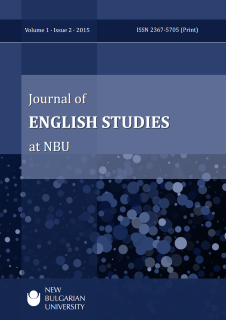Systems and accidents in 20th century magical realist literature: Salman Rushdie's Midnight's children and Sadegh Hedayat's The blind owl as critiques of modern nation-making experiments
Systems and accidents in 20th century magical realist literature: Salman Rushdie's Midnight's children and Sadegh Hedayat's The blind owl as critiques of modern nation-making experiments
Author(s): Tadd FernéeSubject(s): Literary Texts, Fiction
Published by: Нов български университет
Keywords: Magical Realism; modernity; Salman Rushdie; Sadegh Hedayat; India; Iran; nation-making; postmodernism;
Summary/Abstract: This article compares two major 20th century magical realist novels - Salman Rushdie’s Midnight’s Children and Sadegh Hedayat’s The Blind Owl – as critiques of modern nation-making practices, in Nehruvian post-independence India and Iran under Reza Shah Pahlavi. The analysis centers the interplay of accidents and systems, in political constructions and contestations of modern self, history and knowledge. The works are assessed in terms of two aesthetic paradigms of modernity: Baudelaire’s vision of modernity as traumatic deracination involving new creative possibilities and freedom, and Cocteau’s vision of modernity as an Infernal Machine where a pre-recorded universe annihilates creative freedom. The political significance of these aesthetics are evaluated against the two distinctive nationalist narratives which the authors set out to contest in their respective novels. Both novels offer important critiques of violence. Yet both reveal a Proustian aesthetic of nostalgia, rejecting organized political action in the public sphere to celebrate imaginative introversion.
Journal: English Studies at NBU
- Issue Year: I/2015
- Issue No: 2
- Page Range: 55-70
- Page Count: 16
- Language: English

